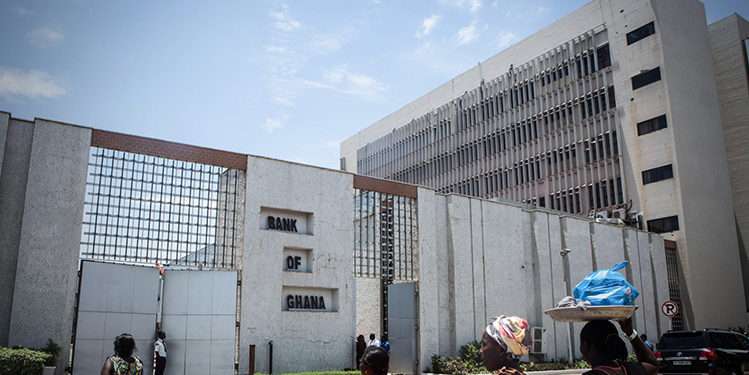BoG hikes policy rate by another 250bps; now 24.5%
“inflation remains elevated and the balance of risks is on the upside. Although the forecasts are for monthly inflation to continue to slow down, the risks are on the upside, emanating largely from pass-through effects of the currency depreciation, the recent upward adjustment in utility tariffs, and rising inflation expectations.
- Advertisement -
The Central Bank has once again increased its monetary policy rate by 250 basis points (2.5%).
On the back of the increment, the Bank of Ghana’s monetary policy rate rises to 24.5% from the previous rate of 22%.
- Advertisement -
Cumulatively, the policy rate hikes by the Central Bank since November last year, comes to some 11,000 basis points (11%).
- Advertisement -
The hike in policy rate by the BoG is on the back of the increment in the country’s headline inflation rate which hit a record high of 33.9% in August.
Given the hike in policy rate, interest rates on loans to the private sector is expected to increase, further making costs of production by businesses in the country more expensive.
Announcing the new policy rate, the Governor of the Central Bank, Dr Ernest Addison, noted the Bank’s decision to increase the policy rate is due to the fact that, “inflation remains elevated and the balance of risks is on the upside. Although the forecasts are for monthly inflation to continue to slow down, the risks are on the upside, emanating largely from pass-through effects of the currency depreciation, the recent upward adjustment in utility tariffs, and rising inflation expectations.
- Advertisement -
“The Committee remains committed to re-anchoring inflation expectations and returning to a disinflation path. Under the circumstances, the MPC decided to increase the Monetary Policy Rate by 250 basis points to 24.5 percent”.
Cedi performance
Touching on the performance of the cedi, the Dr Addison averred the outlook for the Ghana Cedi has improved, aided by the recent disbursement of the loan from Afreximbank of $750 million, the signing of the syndicated Cocoa Loan of $1.13 million, and the agreement with gold and oil companies to purchase the repatriated foreign exchange earnings of about $83.9 million.
“All these inflows will help stabilise the depreciation of the cedi,” he added.
- Advertisement -


